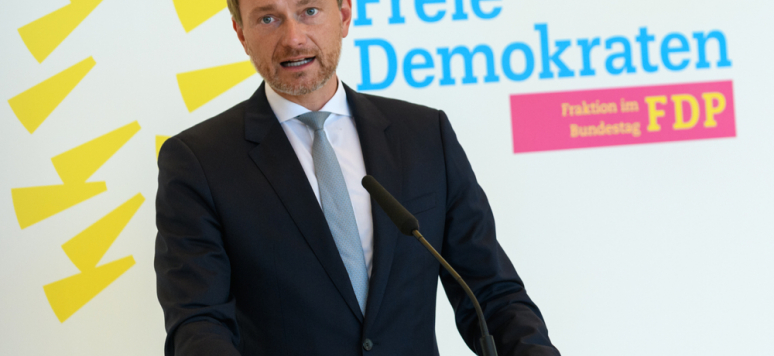Notes du Cerfa - The Free Democratic Party (FDP): Liberal Corrective Again After the 2021 Bundestag Election? Notes du Cerfa, No. 162, Ifri, June 2021

After the regional elections in Rhineland-Palatinate and Baden-Württemberg in March 2021, the FDP is attracting more attention again, mainly because of its traditional role as a coalition party.
The formation of a government with the participation of the FDP after the federal election no longer seems completely unrealistic. The article shows that a coalition with the Greens, but also with the Social Democratic Party of Germany (SPD) at the federal level, would be anything but easy for the FDP, as there are considerable differences in policy areas such as finance, tax, social or climate policy that define the party’s identity. The FDP is essentially a market-liberal party, supplemented by policy modernization in central future fields such as education and digitization. Its opposition behavior during the legislative period that is coming to an end was accordingly characterized more by competitive than cooperative behavior. Its chairman Christian Lindner continues to shape the external image of the party to a considerable extent. This confronts the FDP with the challenge of channeling its strengthened campaign capability in the coming federal election campaign to other aspects because of Lindner's decline in popularity.
Uwe Jun is Professor of Political Science at the University of Trier and Director of the Trier Institute for Democracy and Party Research (TIDuP). He is also spokesman for the Working Group on Party Research of the German Political Science Association (DVPW).
This publication is available the following languages (pdf):
- FRENCH: "Élections fédérales allemandes : le retour au pouvoir des libéraux-démocrates du FDP ? [1]".
- GERMAN: "Die FDP: Wieder liberales Korrektiv nach der Bundestagwahl 2021? [2]".
